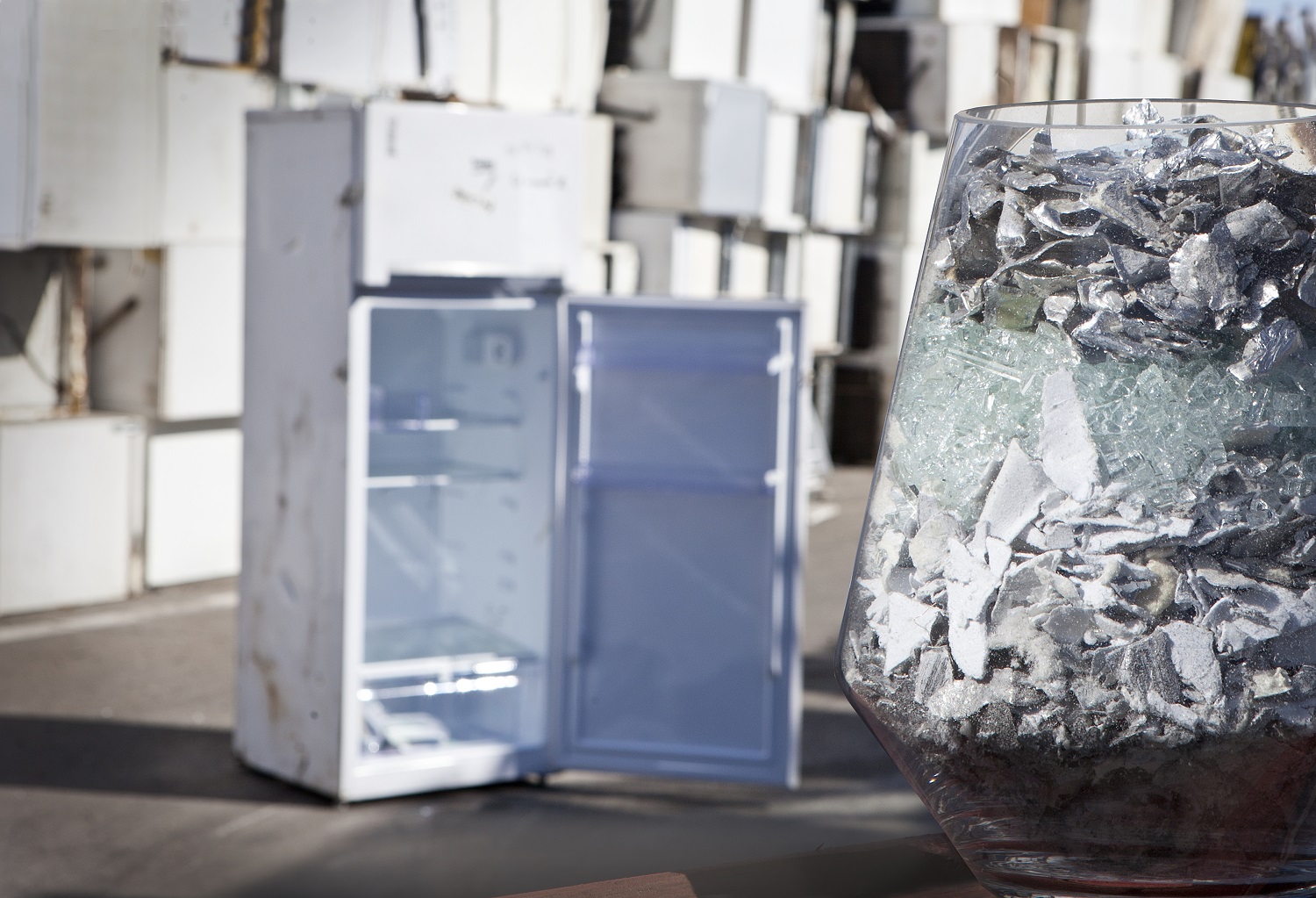From the beginning of its activity, by recycling TV screen only, GreenWEEE saved 122 million liters of drinking water. The same amount of water was used by 1,630,000 people to take a shower over the course of a week.
"In our efforts to have a nature-friendly behavior, the immediate solutions that first comes to our mind is to avoid disposable plastic items or save energy. But the coronavirus pandemic has led to an increase of waste, including electrical and electronic equipment. On International Water Day, GreenWEEE advise the population to collect and recycle electrical and electronic equipment and to use natural resources carefully”, Mihaela Sofronea, GreenWEEE PR Manager.
Each person produces about 17.7 kg of electronic equipment waste annually in Europe, according to a study published by the World Economic Forum. These equipment also contain dangerous substances, and when they are thrown in the trash or abandoned in the nature, as they decompose, the dangerous elements are released into the environment, contributing to water and air pollution.
On the other hand, many of them contain precious metals, gold, silver, platinum and palladium, also copper, aluminum and plastic. If properly recycled, these valuable materials are reused as secondary raw material.
Some interesting things about recycling at GreenWEEE:
In terms of CO2 savings, a single day of recycling TV screens in GreenWEEE is the equivalent of CO2 emissions released by a car driving four times from Cluj to Bucharest.
Recycling a single mobile phone saves enough energy to power a laptop for 44 hours.
What can we do with e-waste?
Used electronics should be separated from other waste and stored at home in a special container. Afterwards, people shouldlook for the best solution for separate collection and send them to recycling.
What happens to used electronics when they arrive at the GreenWEEE recycling plant?
Depending on the type of electrical or electronic device, they go into different production processes to be recycled. The so-called "fractions" that are the result of recycling, receive a new life, being used in new products or reused as such.
The benefits of recycling your electronic equipment
Refrigerator recycling: The iron obtained as a result is used in car engine block manufacturing, copper and aluminum are used in heater manufacturing, and the plastic is used in manufacturing other refrigerators or AC cooling appliances.
Coffee filters, toasters, vacuum cleaners, washing machines are transformed into plastic fractions, ferrous and non-ferrous metals, glass, cables and integrated circuit boards.
Coffee filters and ironing machines: The plastic from coffee filters and ironing machines is reused into manufacturing musical instruments (a guitar, for example).









